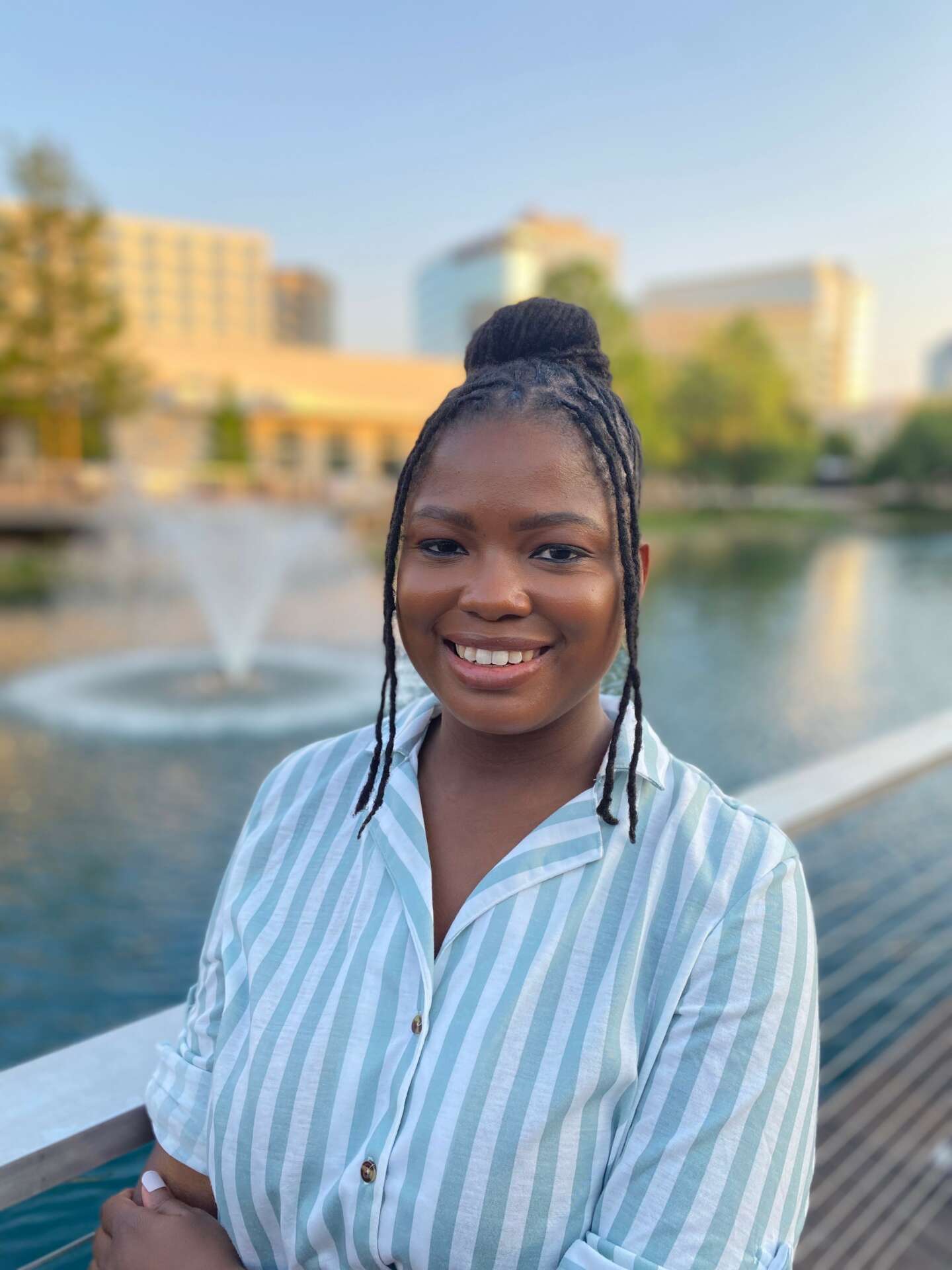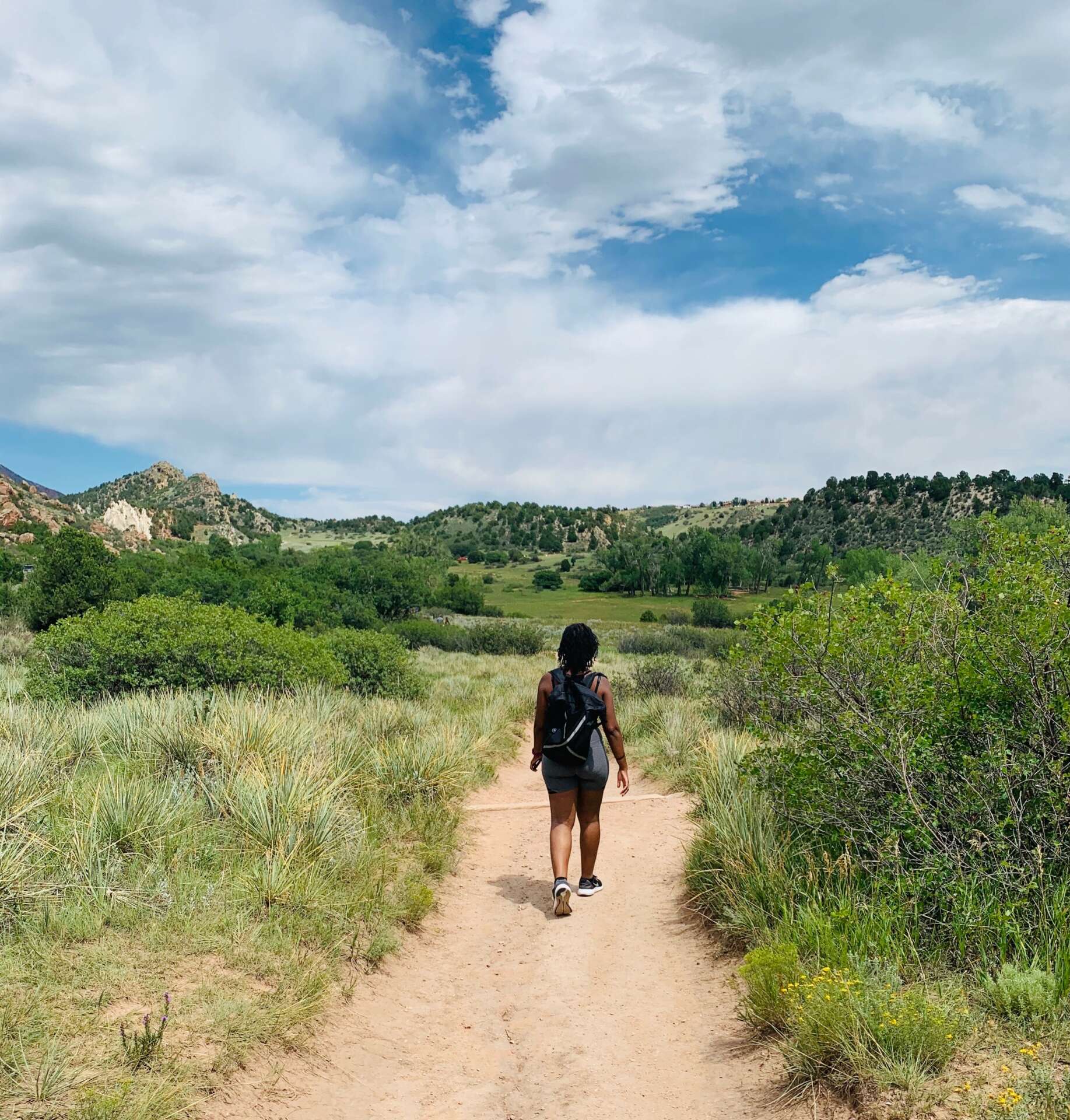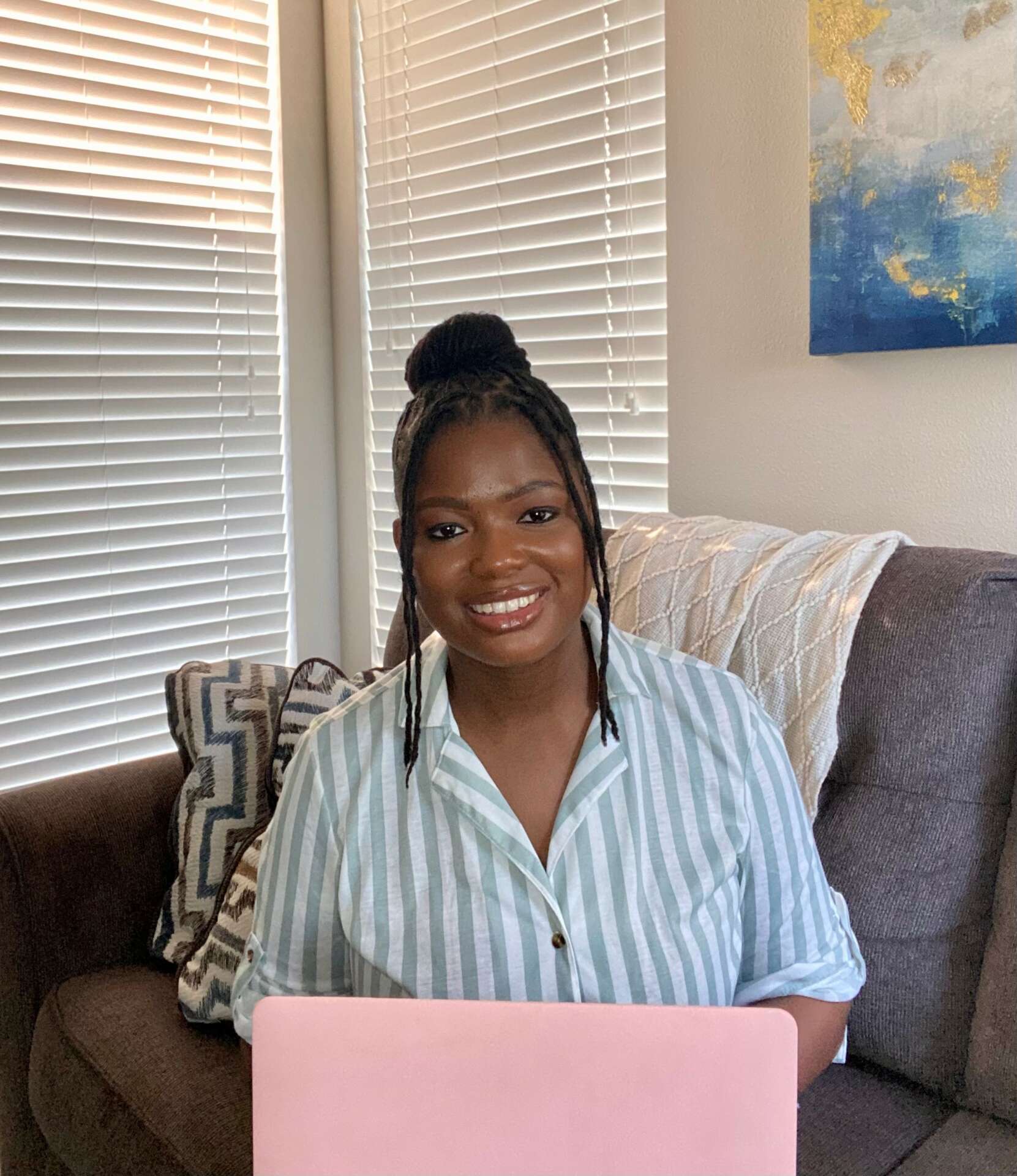We caught up with the brilliant and insightful Brittney Tucker a few weeks ago and have shared our conversation below.
Brittney, thanks for taking the time to share your stories with us today Can you share an important lesson you learned in a prior job that’s helped you in your career afterwards?
I started my career as a therapist working at a methadone clinic on the west side of Chicago, known for its poverty and community violence. My clients were faced with multiple stigmas against them. They were stigmatized for being poor, Black, and “violent.” However, historical and systematic racism have contributed to the lack of resources and accessibility in the community that created tension for violence and continued poverty. They faced another stigma for having an opiate addiction. Yet again, the lack of community funding and resources fostered vulnerability to addiction.
While I was there, I learned the depth of compassion and empathy. My clients were just regular people wanting to free themselves from the weight of addiction. They were parents and grandparents; employees and business owners; mentors and church goers. They shared their tales of lifelong trauma and how their resiliency pushed them forward. They did not have people in their life fighting for them. The staff at the methadone clinic become their fighters.
I learned the importance of comorbidity and integrated care. Substance use and mental health cannot be separated. One can easily influence the other. Substance use could lead to more mental strain; however, the vulnerability of mental strain can lead to seeking out substances. The best treatment was one that involved a team effort – counselor, doctor, nurse, program director, etc.
Most importantly, I learned the importance of advocacy. Treating mental health and substance use requires we consider macro level implementation. I began to think broader than just my clients’ symptoms. I started to consider laws, the accessibility to mental health services, ways to limit poverty, etc. If these stressors are triggering detriment in mental health that makes individuals more susceptible to substance use, the stressors should be addressed. I elevated from just a therapist to an advocator.


Brittney, love having you share your insights with us. Before we ask you more questions, maybe you can take a moment to introduce yourself to our readers who might have missed our earlier conversations?
I am a psychotherapist and Licensed Professional Counselor. I am the owner of a virtual private practice named The Life in You Counseling, PLLC. Since the beginning of my career, I have worked with marginalized communities that have been neglected, ignored, or dismissed. I feel strongly about inclusivity so I welcome all clients, including but not limited to BIPOC, gender and sexual minorities, those living with chronic health conditions, etc. My private practice’s slogan is “You deserve healing.” No matter what genetics a person was born with or the environment in which they were raised, I believe everyone should have an opportunity to experience healing and peace. For that reason, I am trauma-informed and trauma-trained. I am also anti-oppression and will not hesitate to advocate for my clients. Although I treat many mental health disorders, I specialize in depression, anxiety, trauma, grief, substance use, and self-esteem. I want my clients to feel empower to live a life they envisioned. I always use an analogy that if therapy is a car, I am simply the gas but the client is the driver. My approach is collaborative, affirming, strengths-focused, and advocatory.


Learning and unlearning are both critical parts of growth – can you share a story of a time when you had to unlearn a lesson?
Putting training and knowledge aside, what else do you think really matters in terms of succeeding in your field?
Therapy is an interesting field. There is a demand for mental health services, however, in the non-private sectors, the income is not lucrative and the efforts of therapists are not always appreciated. Thus, why some therapists seek out private practices. However, although it is important for therapists to know their worth, I encourage my fellow clinicians to never forget what motivated them to enter a field that is dedicated to helping others. Remembering that reason will provide humility, centering, and grounding as we expand and elevate. Let us not forget the importance of accessibility and underserved communities.
Contact Info:
- Website: https://www.thelifeinyoucounseling.com
- Instagram: @thelifeinyoucounseling


